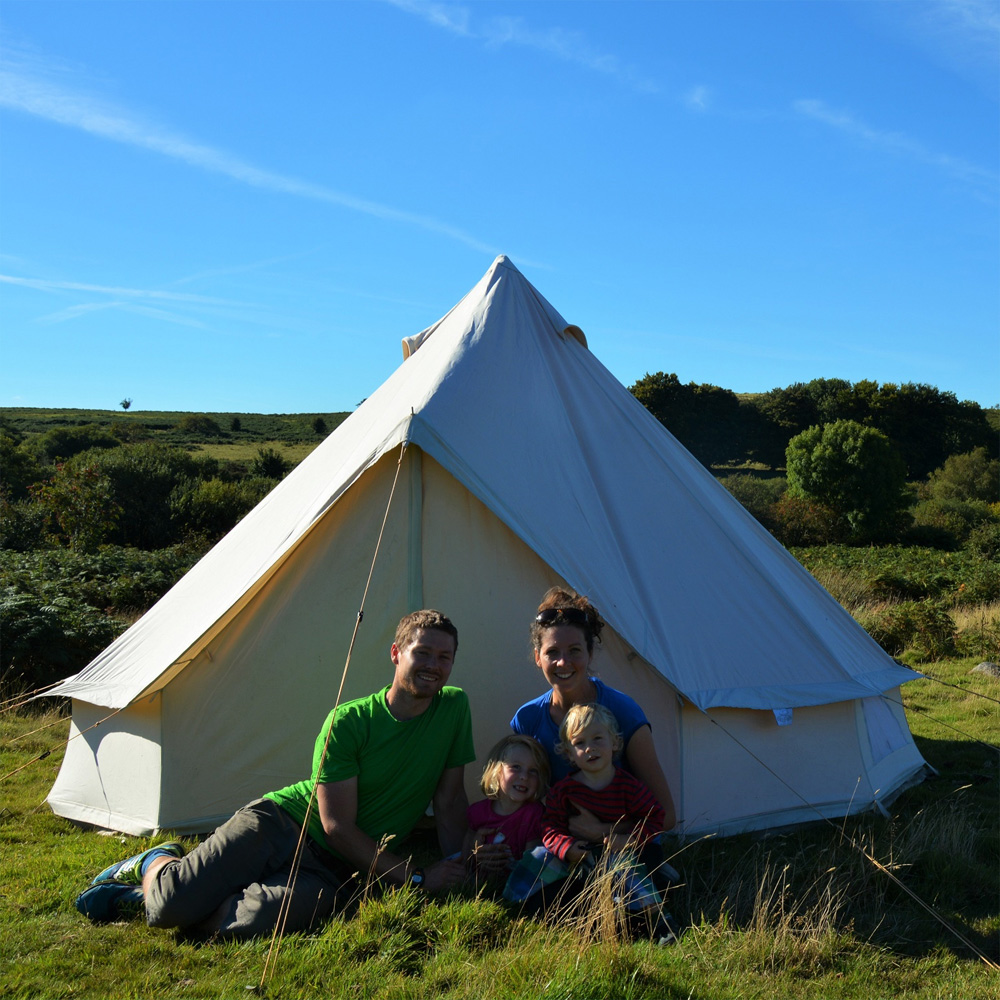Why go camping? We explain why we're drawn to the outdoors
Why go camping? Some ask. We reveal why, as a family, we left the comforts of home to seek an entire year of camping adventures with our kids
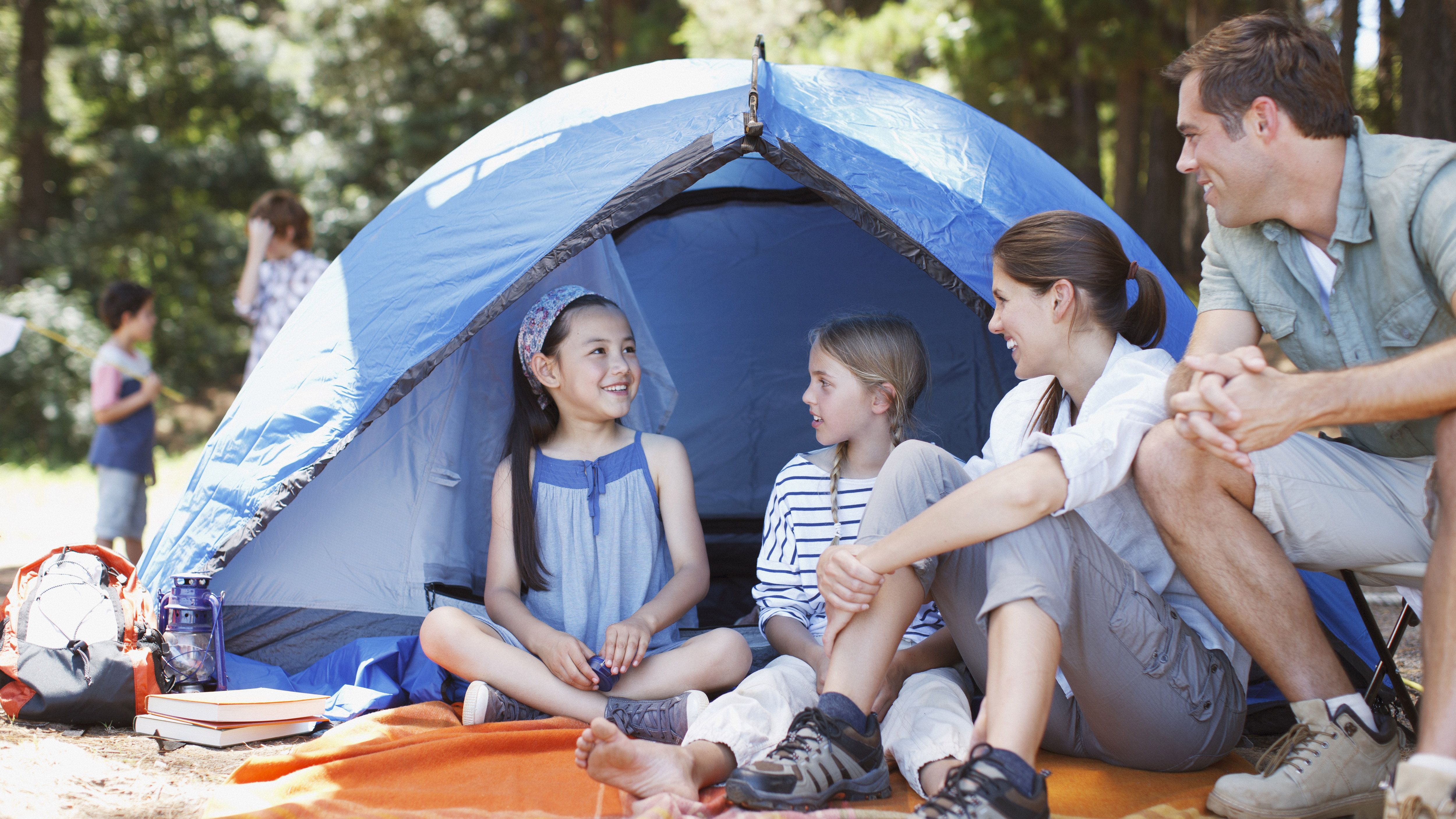
We spent a year camping across Britain with our two small kids, placing the question of 'why go camping in the first place?' at the front of our minds. The experience taught us many things, though the one that really hit home is how disconnected we all are from nature when we spend the majority of our time between four walls of concrete.
Under canvas, we spent our days immersed in the sounds, sights and smells of the natural world. Sure, it took a little while to get used to, but now having experienced it for so long, it's been difficult readjusting to the muffled existence of being back indoors. Why go camping? Quite simply, to connect with nature.
In this busy, modern world, regular camping trips are a great way to reconnect with that forgotten wildness – both outside and within ourselves. Simplifying life down to what we can carry in a pack, or what we can fit in the car, forces us to focus on what’s really important: food, fire, shelter – and maybe a beer or two. Whether you’re wild camping solo or pitching your tent at a campsite with friends, that boiling down of existence to its essentials and the sense of wellbeing it brings can be found nowhere else. ‘We need the tonic of wildness,’ as Henry David Thoreau put it, after his own year in the woods.
Meet the experts
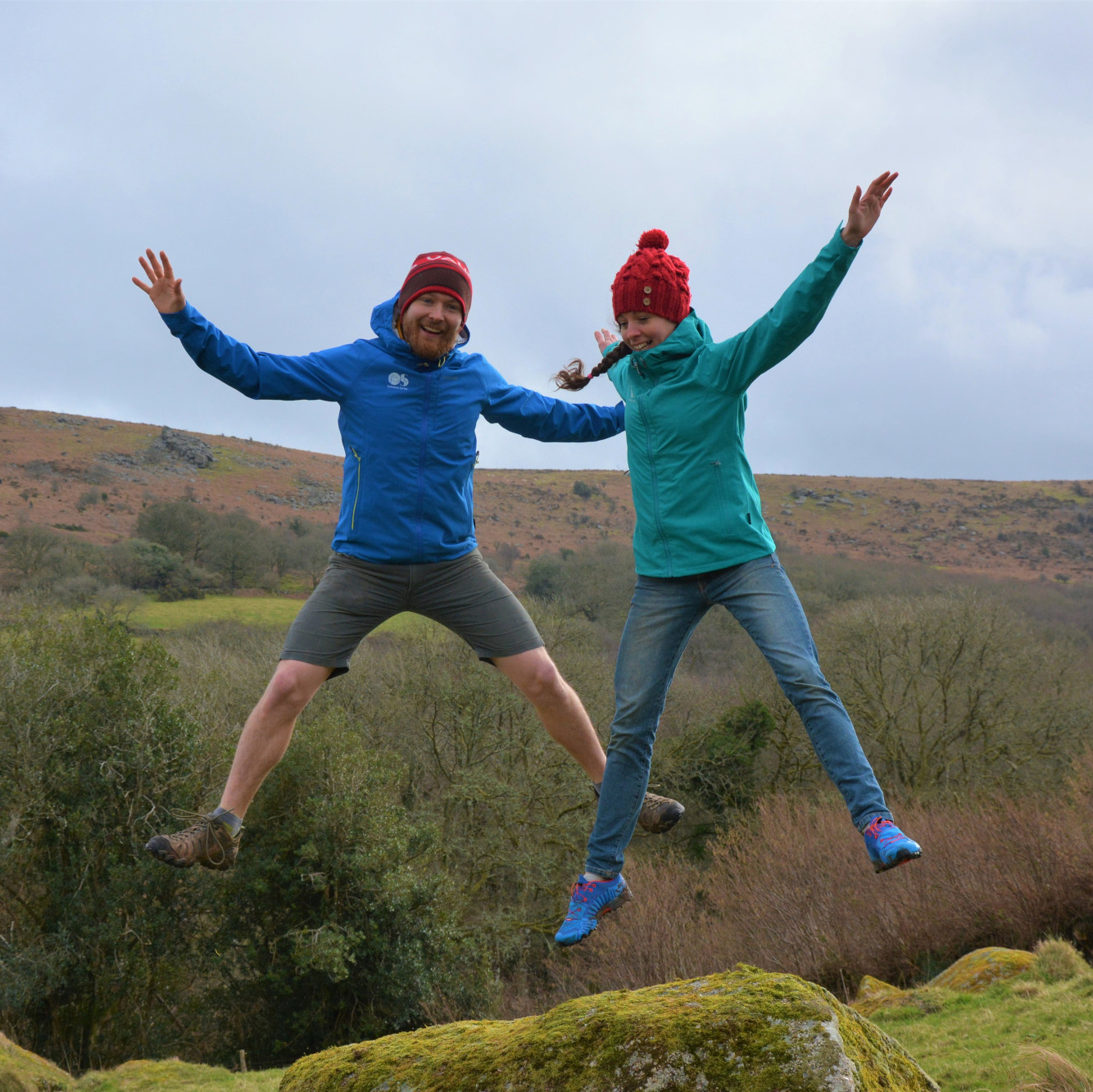
Jen and Sim met over 15 years ago through their mutual love of the great outdoors. Their adventurous escapades have taken them around the world, though they love little more than heading out on camping trips with their two children.
Today's best deals
Wild tonic
- Studies suggest regular visits to natural environments positively influence wellbeing and pro-environmental behaviors
- It enhances self-identity, social interaction and learning
- We sleep better when we camp
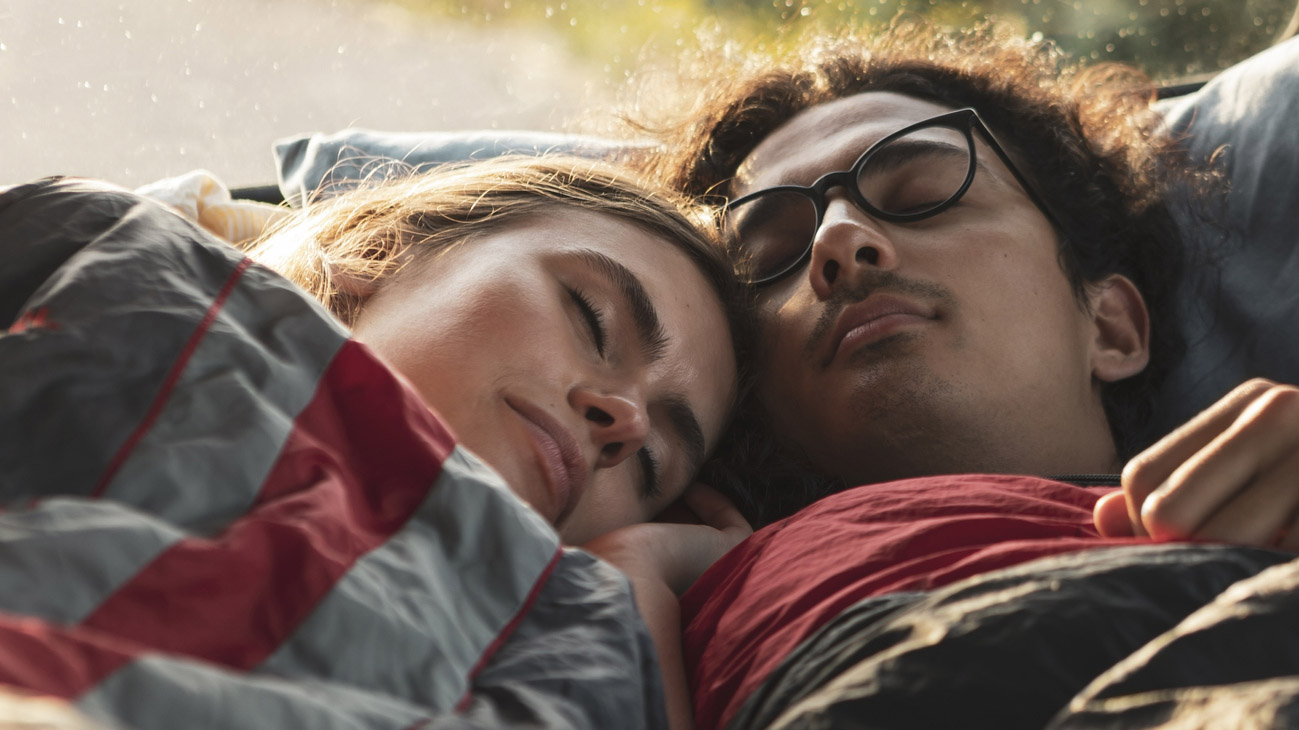
There’s a wealth of research that backs up our experiences of camping. Natural England’s 2020 nature connectedness report found that regular visits to natural environments positively influenced both wellbeing and pro-environmental behaviors in adults and children across a wide socio-economic spectrum. A 2009 study on family camping suggests it is restorative, improves family functioning, enables people to better experience nature, and enhances self-identity, social interaction and learning. Its authors note that the act of living outdoors allows us ‘to relate to one another in a way that recalls an earlier and simpler era’.
We’ve also found we all sleep better in a tent, something we’ve always put down to the reduction in artificial light meaning we can tune into, and be guided by, the natural rhythm of night and day. Researchers at Colorado University-Boulder found that camping allows us to synchronise our internal clocks to the solar day, normalising melatonin levels and improving our quality of sleep. Even when camping with children, bedtime feels like a natural progression after spending a relaxed and enjoyable evening around a campfire, while days spent bathed in fresh air and sunshine invariably bode well for a restful night.
Getting away
- Camping is both affordable and accessible
- There's loads of choice of campsites, with many levels of luxury
- A range of adventures can be launched from your canvas base camp
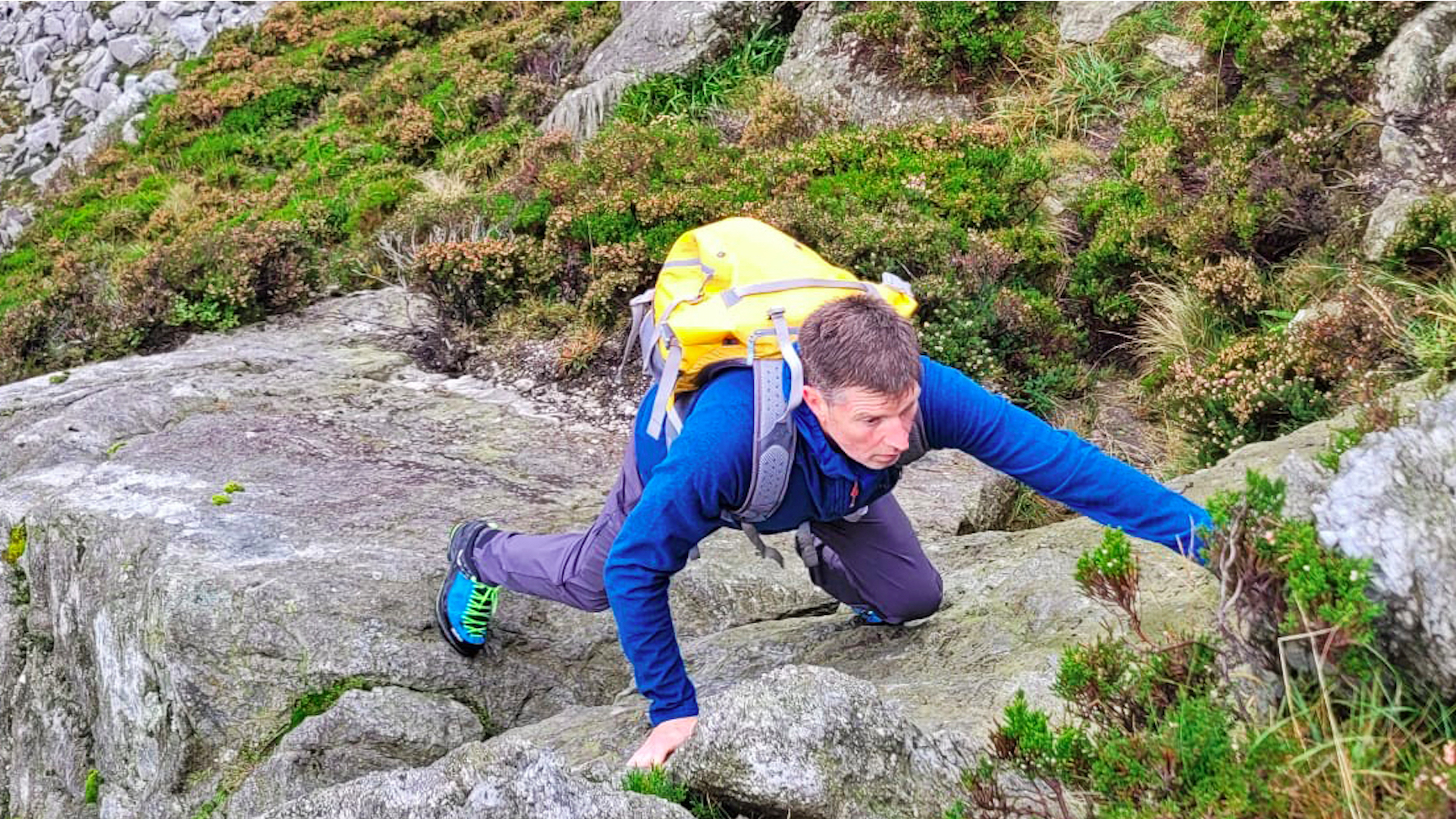
Aside from its numerous benefits to our mental and physical health, camping is an affordable, accessible means of getting away and seeing new places. There’s a vast variety of campsites to choose from, depending on your requirements, from a basic field at one end to glamping sites offering hot showers and freshly baked croissants at the other.
A camping holiday is also brilliantly customisable. Whether you choose to spend your days exploring the local running and mountain bike trails, taking to the water for a swim or paddle, hiking in the hills, or simply sitting outside your tent with a good book and a glass of wine, life under canvas really does offer something for everyone.
All the latest inspiration, tips and guides to help you plan your next Advnture!
Award-winning outdoor adventure writers and photographers, Jen and Sim are the authors of eight books, including The Adventurer’s Guide to Britain, Amazing Family Adventures and the forthcoming 100 Great Walks with Kids, which will be published in March 2021. In 2015 they spent a year living under canvas, exploring Britain’s wild places with their two young children. Find out more at Adventure Places.
